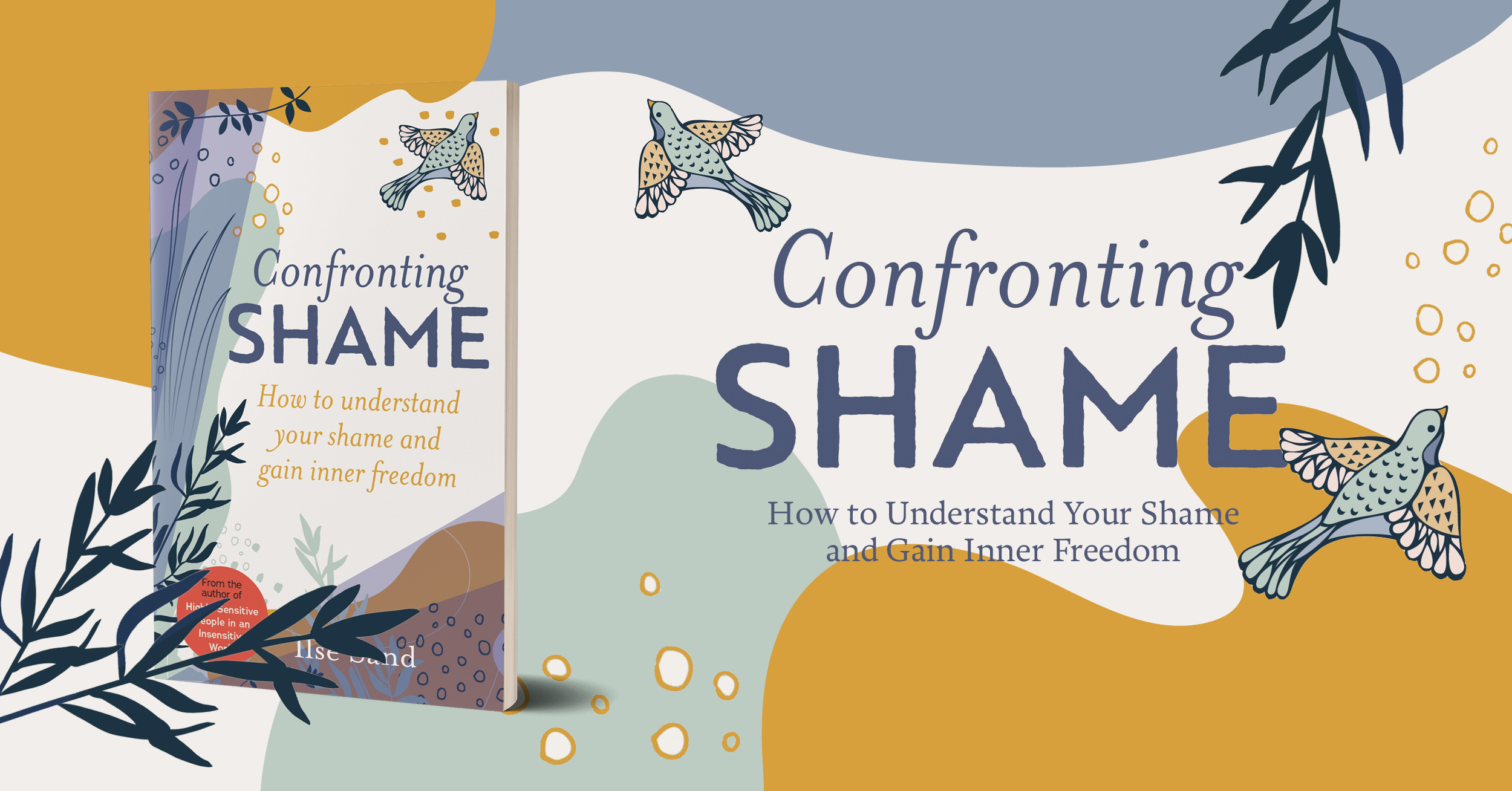
There’s No Shame in Failure: Ilse Sand’s 7 Tips For Living a Life with Less Shame
In this blog post, Ilse Sand, author of Confronting Shame: How to Understand Your Shame and Gain Inner Freedom takes us through seven tips for living a life with less shame.
The vast majority of people feel ashamed from time to time – about things such as being unemployed, contributing to climate change, or even the state of their hair! However, you can train your resilience to shame and have closer relationships, in order to live a better life.
What is shame and where does it come from?
Shame is an alarm reaction that kicks in when we’re afraid of being shunned by our community. Staying with the group was the smart thing to do when humans lived on the savanna, because back then exclusion meant certain death. In today’s world, however, living alone is not much of a threat to survival.
Today, shame in small doses can be a useful social tool in helping us sense the boundaries of others. But experiencing a lot of shame diminishes us as humans and leads to loneliness and the sense that something is wrong with us.
Ilse Sand’s seven tips for living a life with less shame:
1. Learn to distinguish between guilt and shame
Guilt pertains to doing, and shame pertains to being. You can make amends for guilt, while shame is nastier because it has to do with self-image. For example, if you have forgotten your best friend’s birthday, you can make up for it by sending a bouquet of flowers. There is no statute of limitations when it comes to apologizing, but you can still feel ashamed of being this bad person, one who would actually do such a thing. You can free yourself of this reaction through training.
2. Share your shame with someone
When you feel shame, more than anything you want to hide it and never think about it again. Unfortunately, the opposite happens, it sticks in your head and takes away from your quality of life. Instead of holding it back, you should confront what you’re ashamed of and share it with someone. You can start by writing about it to a dearly departed or an anonymous online counsellor. Or tell your doctor, who is bound by doctor/patient confidentiality. It blots out the shame, or wipes it out completely when you find you’re not alone with this type of experience
3. Become clearer to yourself
Shame comes from not having been seen as a child, or only partially seen, the parts of you that suited your parents. Therefore, where you weren’t seen, you may have a very blurry sense of how you look to the outside world, which makes it easier for shame to gain a foothold inside you. The clearer you see yourself, the more resilient you will be. This is why filming yourself while talking on the phone or when you’re around others can help. Or asking someone to tell you what they think you’re like. Many people actually are pleasantly surprised by the results.
4. Practice living an imperfect life
Try going shopping with greasy hair or with a hole in your coat. You will discover that you’re okay with being a lot more imperfect than you thought you could be. The pandemic provides us with a great opportunity to train this, because of things like hair salons being closed. You’ll find that you don’t lose your job, your friends, or respect by being imperfect. The more you dare to show, the lesser the distance you put to others. It’s exhausting to talk to someone who is perfect.
5. Show your weakness
We know that people with good, solid relationships live longer than those without. Happiness comes from close relationships. Daring to show that you need other people, or to acknowledge failure or weakness, makes you more capable of giving and receiving love. If your ideal is to win all your battles and maintain control over all areas of your life, you can easily put a lot of pressure on yourself. Such an ideal is difficult to live up to.
6. Encompassing contrasts
The ability to encompass your contrasts makes you very resilient to shame. You can have holes in your socks and a dirty car and still be a perfectly decent human being. Good people make mistakes too. That’s the duality that good parents master, being able to tell a child that she has done something wrong, but that she’s still a good child. It’s a difficult balance, but many modern parents handle it much better than parents did forty years ago, because we have so much more knowledge today about raising children.
7. Practice self-kindness
Some of us live with a constant inner critic. Typically, we talk to ourselves the way our parents spoke to us when we were growing up. That voice can be silenced by saying something nice to yourself in the mirror every day, or by writing love letters to yourself. You can also take a considerate interest in yourself by asking yourself questions and answering them in your diary, for example. It takes three or four months to change a habit, and when you get used to a positive tone, at least you know that someone – you – always has your back. That support isn’t necessarily for what you do, but for who you are and the good intentions you have. This is one of the things that makes you particularly resistant to shame.

In Confronting Shame: How to Understand Your Shame and Gain Inner Freedom, Ilse builds on these seven ideas, illustrating how to achieve greater resilience to shame in order to form closer relationships with others. Discover more about Ilse’s book here.
Adapted from an article by the journalist Maria Kentorp.
Enjoy reading this piece? Check out Ilse Sand’s other JKP blogpost “Share it with someone”– Q&A with Confronting Shame author Ilse Sand
Want to be updated on more blog content, book releases and other news, please sign up to our mailing list here.